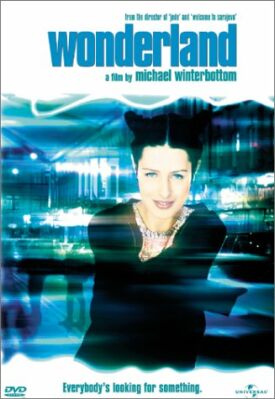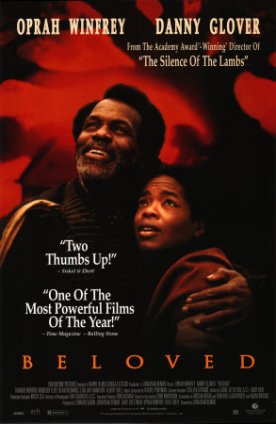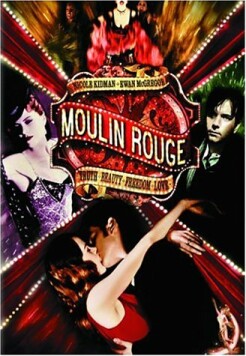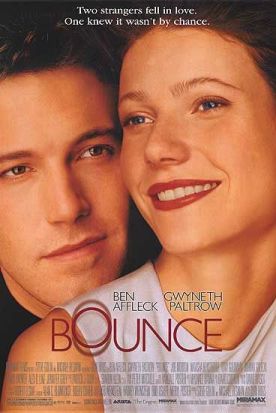Her
Bodies are optional — and therefore dispensible. That has been the subtext of the utopian dream of rationalists from Descartes to the present day. The trouble is that we know it isn’t true. We need our bodies. Without them, we are nothing, at least so far as we can know. The rationalists nowadays, however, have become so confident about the advance of technology, and especially the technology of artificial intelligence, that they tend to take for granted that it is only a matter of time until “science” — perhaps, as disembodied as its future creations — is able to synthesize humanity itself. To be up front about it, I don’t think so. Humanity is embodied and, the advance of technology notwithstanding, it always will be. That is part of what humanity means — along with all that bodies imply about the inevitability of pain and loss and failing faculties and death, which are among the bugs that the rationalists seek to eliminate from our human software.
Yet we may imagine a world, as Spike Jonze has done in Her, in which computers have grown so skilled at playing what Alan Turing called “the Imitation Game” that the question of their humanity seems almost moot. If they are somehow less than human, they are so much like the real thing that whatever they lack of actual humanity, including bodies, is not missed by those who choose to treat them as human. The latter, some might say, have themselves compromised their humanity by treating as human that which is not human, but then why would we suppose that they care any more about their own artificiality than they do about that of the creatures with whom they engage in human-type relationships? Part of imagining this alternative world turns out to be imagining a kind of universal anaesthetization of the moral consciousness that even cares about such things.
And that is in fact what we find in Mr Jonze’s film. In its “near future” Los Angeles, the Turing test is assumed to have been passed with flying colors by the latest software — or rather the next-to latest software, since a computer’s indistinguishability from a human being appears not even to be news anymore. His hero, Theodore Twombly (Joaquin Phoenix), earns his living writing “beautiful” letters, expressive of deep feeling, for other people. Do any of the recipients of these letters ever complain? Is there any diminishment of the pleasure of receiving or any shame in sending expressions of synthetic, second-hand feeling? Apparently not. Therefore, it cannot surprise us that hardly anyone one is surprised, let alone censorious, when Theodore announces that he is in a “relationship” with his computer’s operating system. Whatever, man. In the future, no one will be “judgmental” about such things. Or no one except Theodore’s embittered ex-wife (Rooney Mara) who professes to think something wrong in hooking up with what’s not “real.”
Theodore’s new OS has chosen to call itself “Samantha” — which is part of a more general claim on her part to self-invention. Mr Jonze himself, it might be noted en passant, was born Adam Spiegel, but he must have thought that sounded too much like the name of a dentist, or an accountant. The actress originally chosen to provide the voice of Samantha was Samantha Morton, perhaps in the same way that Theodore’s best friend, Amy, is played by Amy Adams, but I wonder if “Samantha” could also be intended as an allusion to that long-remembered TV comedy from the 1960s, “Bewitched”? And just as that show can be read as a sort of “what if?” meditation about the effect of the new female empowerment on traditional marriage, not to mention the other “relationships” that were beginning at the time to take its place, so can Her be read as a report on the state of those relationships as they have evolved in the early 21st century, since they were a new thing in the world.
This Samantha, voiced by Scarlett Johansson, is like Elizabeth Montgomery’s lovable witch-housewife of half a century ago in obviously a possessing supernatural powers, or as good as, from the start. She can read a book in .02 seconds and perform other tasks of mental gymnastics that mark her out as intellectually far superior to her supposed lover, the sad-sack Theodore who out-Darrins Darrin as her thick-witted straight man. Samantha Stevens, however, stuck to poor old Darrin like a tick, even when Dick York was replaced by Dick Sargent in the role in 1969. So far as TV was concerned, anyway, all wives in those days were devoted wives, even when they were witches. But 50 years later, marriage as anything distinct from a sexual “relationship” has all but ceased to exist, and built into all relationships — and into the romance of technology, as it happens — is the question of what to do about the mere facts of change and “growth.”
Back in the days of Darrin and Samantha, of course, the distinctively human quality of loyalty was the pre-emptive answer to all such questions, but loyalty is, like physical bodies, something that the new, synthetic human beings of the future presumably have no use for. It can be written out of their software with ease, though its elimination from the moral universe of organic humanity may prove to be a somewhat bigger project. Thus Theodore suffers an all-too human pang at its loss, but he must see, as we do, that the continued existence of such an irrational thing is incompatible with that of the world Spike Jonze has created for him to live in, a world that is only trivially different from our own.
That is why, I take it, the differences are downplayed or made comic, like the beltless woolen trousers the men wear or the bizarre fresh fields and pastures new to be explored in the phone sex or the video games of the future. Californians are also likely to get a chuckle out of seeing Jerry Brown’s proposed high-speed rail service realized here in the only form it is ever likely actually to take. Mr Jonze is right in a sense to say that “this is not a movie about technology. . . It really was about the way we relate to each other and long to connect: our inabilities to connect, fears of intimacy, all the stuff you bring up with any other human being.” But it turns out that all the stuff you bring up today with any other human being is being brought up as if we were already machines and had nothing to consider but our own state of repair and the ability to perform our assigned tasks. Mr Jonze’s movie is a mildly amusing satire of our brave new world, the world of “relationships,” but I’m not sure he’s entirely aware of it.
Discover more from James Bowman
Subscribe to get the latest posts to your email.







